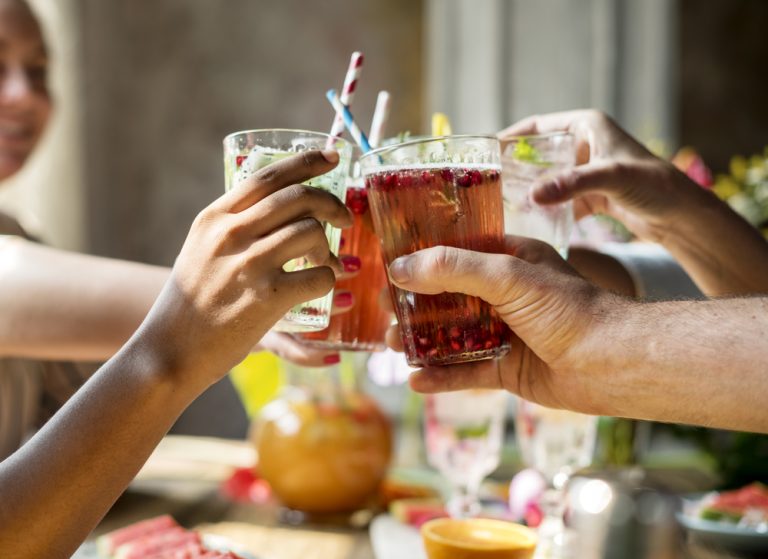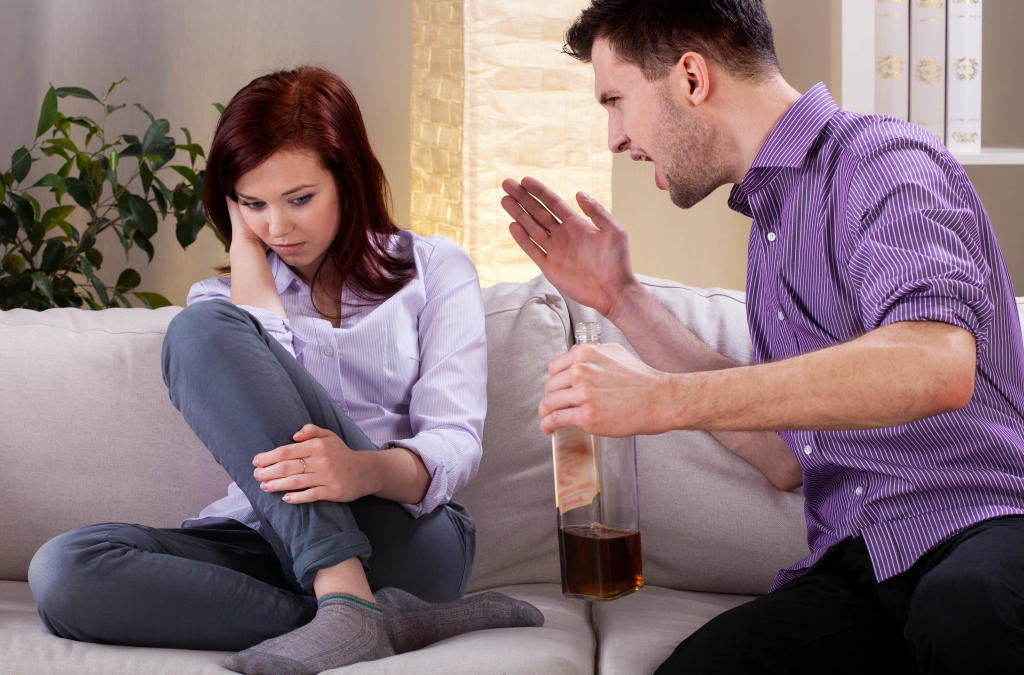It typically involves mild sensations such as increased happiness, relaxation, and heightened confidence. You may notice slight impairments in judgment or coordination, but you are generally still in control and aware of your actions. Everyone is different, and these differences are sufficient to cause varying amounts of drunkenness in different people.
The annoying effects of drinking

This stage is marked by a sense of euphoria and increased sociability. Encourage them to drink water, offer them food, and ensure they don’t continue to consume alcohol. If what does being drunk feel like they show signs of alcohol poisoning, seek medical help immediately.
For Loved Ones: How to Support a Loved One’s Mental Health
Driving under the influence is one of the most well-known and dangerous offenses, but it’s not the only way alcohol can put you on the wrong side of the law. As your Blood Alcohol Content (BAC) rises, you’ll likely experience a noticeable decline in your physical abilities. Problems with balance and coordination are common, which is why walking in a straight line becomes a challenge. Your vision may become blurry, making it difficult to judge distances or react quickly. In more advanced stages of intoxication, you might lose control over your body, becoming unable to stand or walk.
The Science Behind Intoxication
Overall, the law aims to regulate alcohol consumption to prevent harm, enforce responsible drinking, and reduce alcohol-related accidents and violence. Supportive medical care is essential, especially in severe cases, to ensure airway protection, hydration, and treatment of complications. Clinicians also consider other factors including mental alertness, coordination, and vital signs to assess severity. The use of standardized scales, such as the DSM-5 criteria, helps in confirming intoxication based on observable symptoms. The shift from feeling tipsy to being drunk can be marked by increased loss of coordination, slower reaction times, and a reduced ability to control impulses. Chugging an alcoholic drink rather than drinking it slowly raises blood alcohol concentrations faster than its breakdown, which will make you feel drunker.
Duration of Effects
However, severe intoxication can still be unpleasant and lead to dangerous behaviors. The fact that driving after drinking is illegal speaks to its dangers — and gives us a good idea of just how much alcohol affects our functions. The general rule is to wait one hour for each drink we’ve had to give our liver time to catch up and do its job. Having three drinks with friends during Happy Hour means waiting three hours before driving. Young brains are still developing the capacity to assess and understand risks, including the negative effects and consequences of alcohol. Alcohol also inhibits risk assessment, which perpetuates a cycle of drinking behavior.
The Science Behind Alcohol and The Brain
Mixing it with other substances, including prescription medications, over-the-counter drugs, or illicit drugs, can lead to unpredictable and dangerous outcomes. This combination can seriously impair your judgment and intensify the emotional rollercoaster that alcohol can already trigger. The effects can be much stronger and more hazardous than consuming either substance alone, increasing the risk of emotional instability, accidents, and severe health complications. Always consult with a healthcare professional about potential interactions with any medication you are taking. Instead of immediately reacting, the goal is to pause and identify what you’re feeling without judgment.
Long-Term Health Effects
- Thus whatever alcohol you consume will stay in the stomach longer, where the stomach acid will break some of it down.
- Alcohol poisoning occurs when the concentration of alcohol in the bloodstream reaches toxic levels, shutting down essential bodily functions.
- You probably know at least one person who’s intent on screaming “I’m not drunk!
- Ria Health offers several FDA-approved medications for alcohol use disorder.
- What you’ve eaten—or haven’t eaten—can dramatically alter how you feel after a drink.
- Individual differences such as genetics, mental health, and tolerance levels can significantly influence how alcohol affects a person.
Your motor skills will become impaired, and your vision and hearing will diminish. This means your mood can improve or worsen depending on your feelings. At a 0.05 to 0.06 BAC, you’ll feel warmer and even more relaxed and outgoing. You may experience some minor impairment of Alcohol Use Disorder your reasoning and exaggerate your behaviors (talking louder, acting bolder, etc.).

Not realizing how drunk you actually are, you promise to stay in touch, take your new BFF’s phone number, and head to the bathroom where you forget about him/her forever. When that first drop of delicious alcohol hits your tongue, your mind and body are taken to another place. You’ll meet millions of fellow Reframers in our 24/7 Forum chat and daily Zoom check-in meetings. Receive encouragement from people worldwide who know exactly what you’re going through!

Peeing a lot and not getting enough nonalcoholic fluids can lead to dehydration and make you even more drunk. Your brain produces antidiuretic hormone (ADH), which tells your kidneys how much water to retain. Alcohol limits ADH production, which brings us to our next body part. As soon as alcohol passes your lips, some of it gets into your bloodstream through the tiny blood vessels in your mouth and on your tongue. Ethanol — also referred to as alcohol, ethyl alcohol, or grain alcohol — is the primary ingredient in alcoholic bevvies. Alcohol starts entering your bloodstream through small blood vessels in your mouth and tongue before traveling through your digestive system.
Medical Strains
However, as you continue to drink, these effects intensify and can lead to more dangerous outcomes. Your liver can only metabolize a certain amount of alcohol per hour, which means excess alcohol circulates in your blood, causing further impairment. Alcohol acts as a disinhibitor, weakening the neurotransmitters that restrain impulsive and dangerous behaviors, such as aggression. It can lead to a decrease in inhibitions and an increase in risk-taking behaviors.
